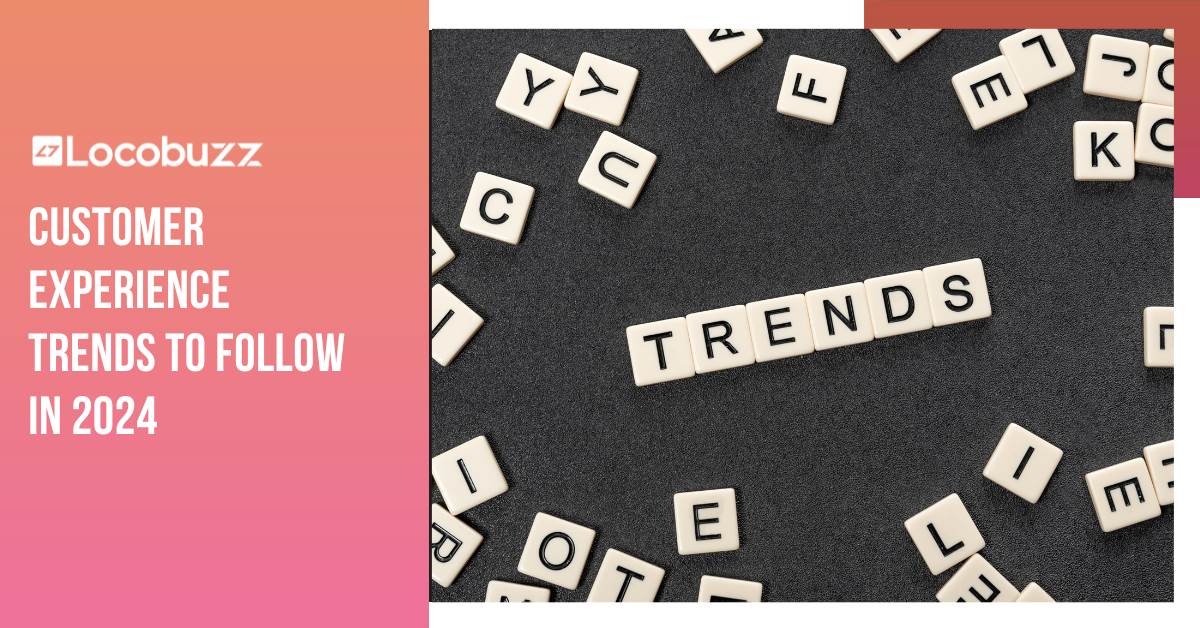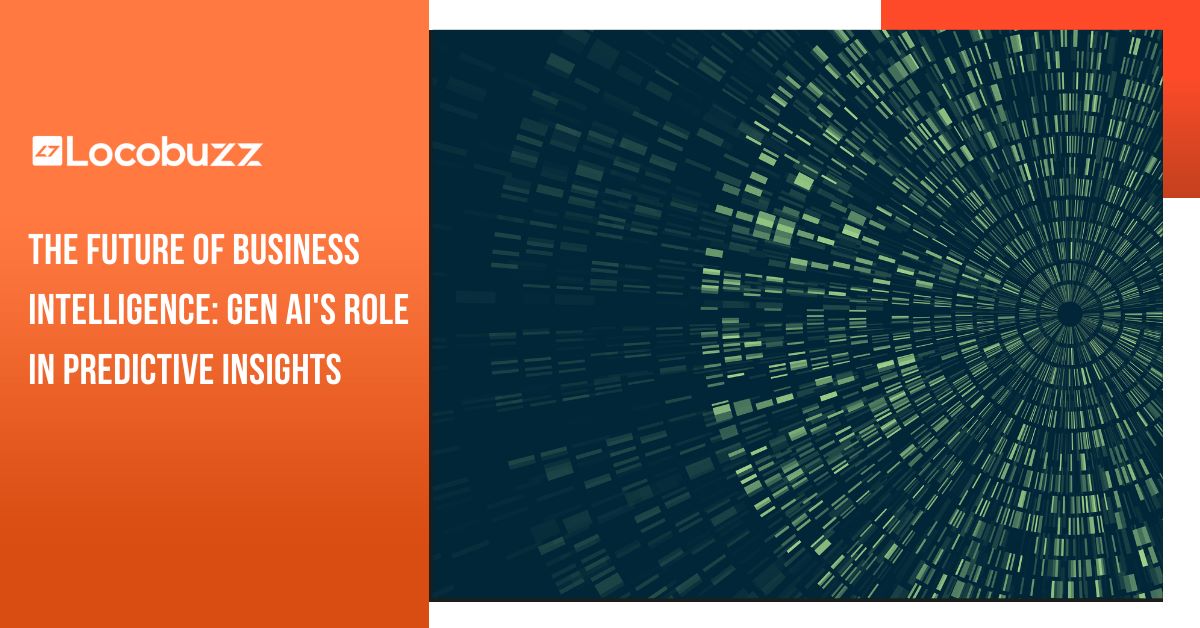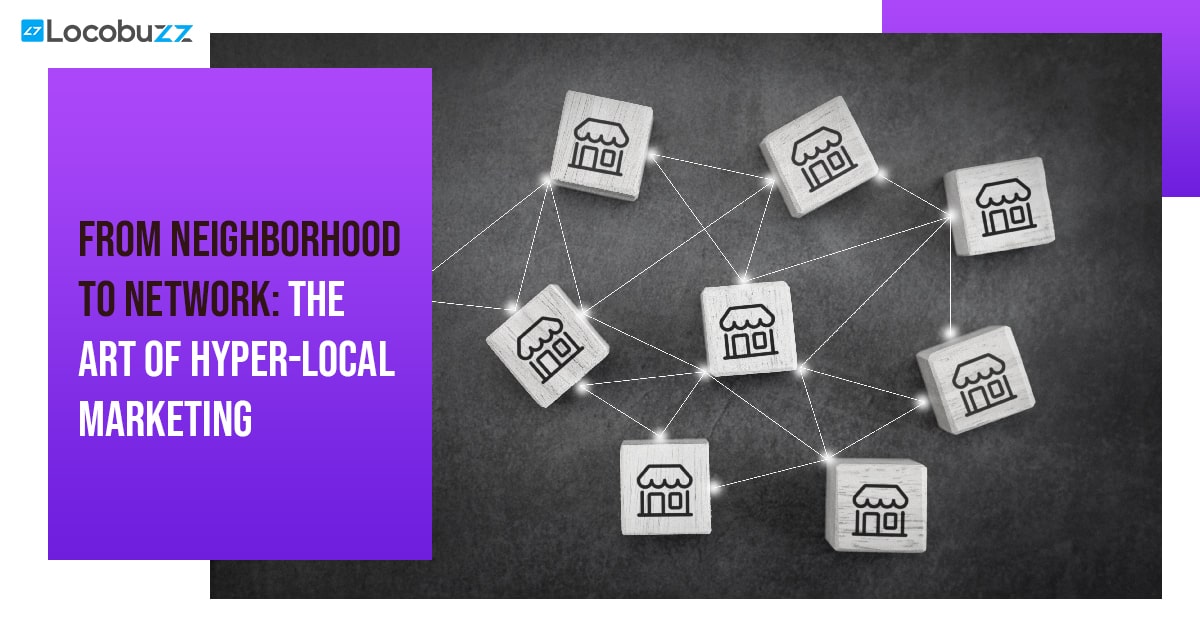The Big Data Question: Do Your Products Matter?

Table of Contents
A tough question with a quirky view
What if Willy Wonka used a Social Listening Tool?
I spent last Friday night tucked in watching my favorite childhood movie: Charlie & the Chocolate Factory. The elaborate presentation of chocolate without commercial collaborations on romance gave me solace (my Godiva bar aside). This got me thinking: If Willy Wonka had access to a Social Listening tool, his world would have been insightfully multidimensional.

Now let’s ask the question again as a business owner, ‘do your products matter?’
Who wouldn’t want an endless supply of Lickable Wallpapers or Vanilla Fudge Mountains? Willy Wonka’s open distaste of the ‘rotten ones’ would have earned him countless trolls on Twitter, but at least he’d have known which of all the ‘rotten ones’ are his perfect target group.
There’d be only one way to find out: By Social Listening.
Today, for any consumer-facing brand, Big Data Analytics is the Golden Ticket to ROI probabilities. Product innovations (or the making of Everlasting Gobstoppers) in a highly competitive market require precise data and insights. For instance, the present market worth for food and health supplements is $360 billion in India (e-commerce alone), which marks the country as the 6th largest online grocery market.
It is estimated that the online grocery market will soon compound with an annual growth rate of 65% by 2022. This is the result of pure data acquired by gathering customer feedback.
Social listening in 2023
In 2021, closed feedback groups don’t represent the opinions of millions. That’s akin to letting Violet Beauregard and her mother give scathing TV interviews about body-inflating blueberry chewing gum. What ensues, is an interesting conversation following the ‘Blueberry incident’ that highlights the damaging distance between Wonka and his consumers:
[Verruca Salt: Will Violet always be a blueberry?
Willy Wonka: No. Maybe. I dunno. But that’s what you get from chewing gum all day, it’s just disgusting.
Mike Teavee: If you hate gum so much, why do you make it?
Willy Wonka: Once again, you really shouldn’t mumble ’cause it’s kinda starting to bum me out.]
Clearly, Wonka’s not a guy with great PR skills, but the tense moment provided valuable insight. The kids presented real-life consumer concerns and complaints. In the revamped universe, where Wonka has a Data Analysis Tool, he can identify unique voices that bought a Wonka product and gather feedback on a real-time basis.
Marketing & social listening
According to a study done by Yip & Blaclard (Dec 2019, MIT Sloan, Management review), “Analysis of social media interactions makes tribal marketing easier and more precise by locating groups with tastes and needs in common.”
‘Tribes’, or people accustomed to a brand after experiencing it firsthand, tend to cultivate interest in the product among other community members. In 2021, these are influencers. We all know how important influencers are for brands.
The truth is that Performance Marketing is beyond a brand’s strength of reach, impression, & engagement. Social Listening would’ve highlighted features of products in the form of data that directly converts to actionable insights because, eventually, performance marketing is all about ROI.
The Wonka Candy Factory would’ve had an active online following; a structured database full of curious customer interactions. Wonka’s Whipple-Scrumptious Fudgemallow Delight would have been a campaign in itself! The Oompa-Loompas would’ve made a great in-house ORM team. Charlie would have made an amicable face of the brand – hopefully with an active Twitter account and insightful web content.
Would the wonka products matter?
Yes, the business would be booming, because, in 2020, Big Data is Big Money.

















